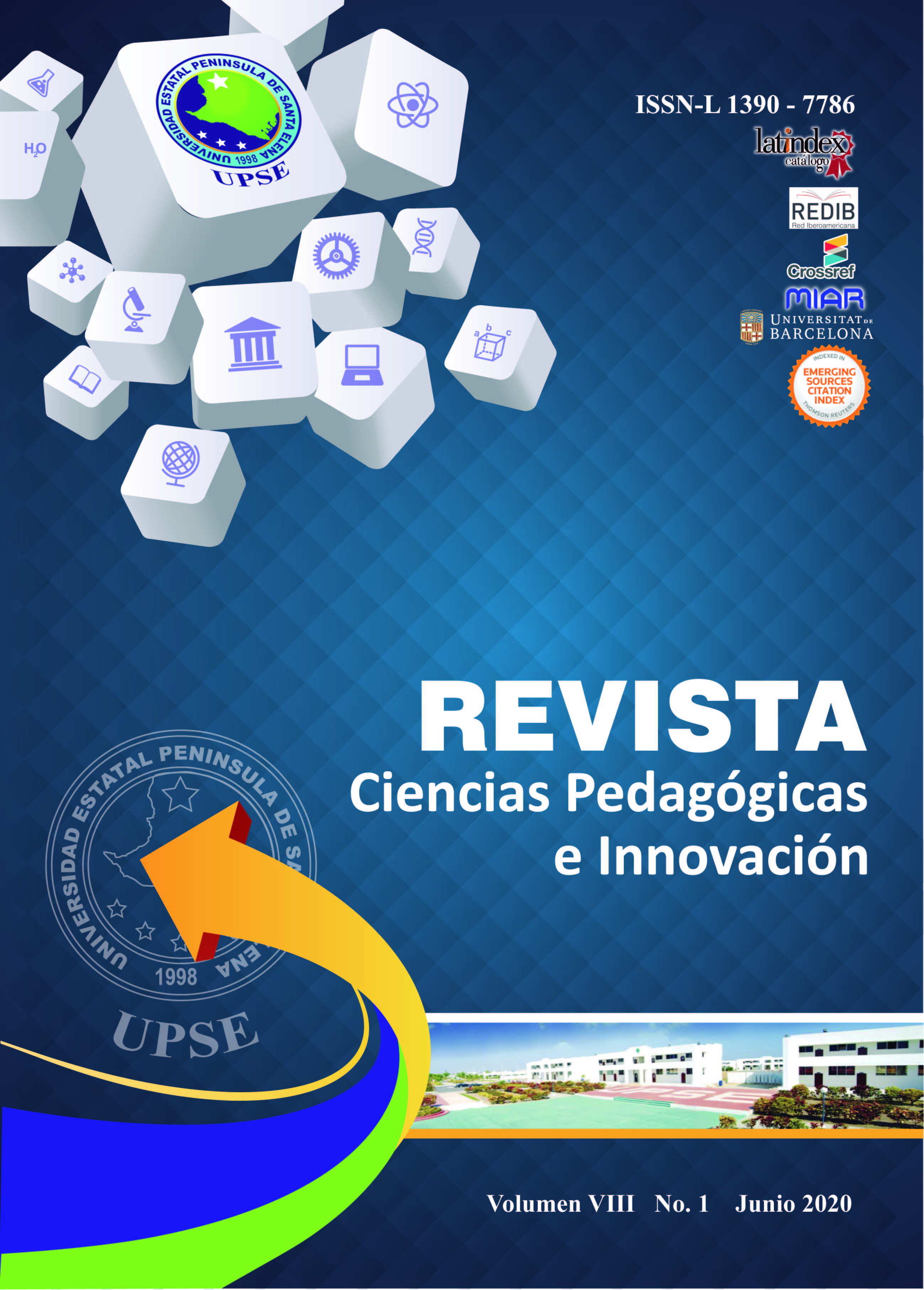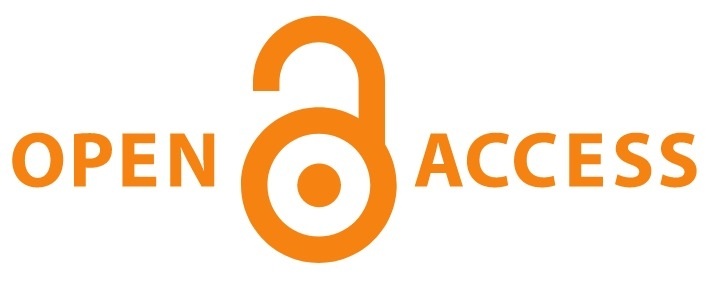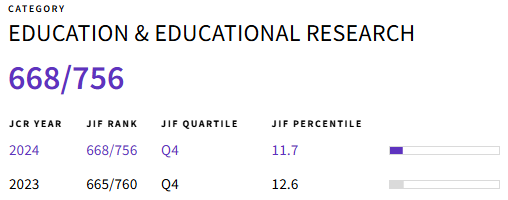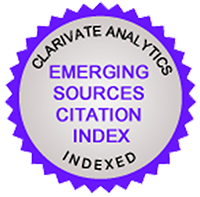PEI as ideological support of the ecuadorian educational revolution
DOI:
https://doi.org/10.26423/rcpi.v6i1.225Keywords:
Institutional Educational Project, Vision, Mission, IdeologyAbstract
The Institutional Educational Project, is a public document of strategic planning, which lasts for 4 years and is permanently built, it parts from a point in time, begins with the self-assessment and analyzes 5 fields of management, administrative, pedagogical, coexistence, educational services and comprehensive school risk management system. It has three fields that determine the institutional identity, vision, mission and ideology. The authors identified the problem, for that reason this research was carried out, the educational systems are in recurrent crisis and need to be permanently transformed, this is made from the central levels, but there is a public document relating between the upper level and the educational center, the PEI, which needs to be impregnated with the elements capable of transforming education. The descriptive methodology allowed to analyze the vision, mission and ideology of 14 educational centers, it was concluded that these are built considering three predominant approaches: internal, external and the internal-external combined. And it is necessary, the construction of the vision, mission and ideology with balance locating and developing the ideas strength for each of the following elements: teacher, student, model, value and the standard. This study finishes with the presentation of a non-exhaustive basic proposal, as a tool for the construction of the PEI supporting the Ecuadorian educational revolution. Strategic planning is not exclusive of the educational centers, because through the Pluriannual Plan of Public Policies (PPPP) and the Plan of Institutional Development (PEDI), the institutions of the Level of Higher Education articulate their advances and scopes.
Downloads
References
Bravo, H. (2016). FALSEDAD DE INSTRUMENTO PÚBLICO: DECLARATO-RIA, CELERIDAD Y ECONOMÍA PROCE-SAL. Guayaquil: UNIVERSIDAD REGIONAL AUTÓNOMA DE LOS ANDES “UNIANDES”/Universidad de Guayaquil. Obtenido de http://dspace.uniandes.edu.ec/bitstream/123456789/4291/1/TUAMDC004-2016.pdf
Chiavenato, I. (2011). Administración de Recursos Humanos.México: Mc GrawHill Educación . Obtenido de https://www.upg.mx/wp-content/uploads/2015/10/LIBRO-12-Administracion-de-recursos-humanos.-El-capital-humano.pdf
Consejo Federal de Educación. (2016). Declaración de Purmamarca. (pág. 4). Jujuy: Consejo Federal de Educación. Obtenido de http://www.me.gov.ar/consejo/resoluciones/res16/purmamarca_16.pdf
Correa, R. (2012). REGLAMENTO GENERAL A LA LEY ORGÁNICA DE EDUCACIÓN INTERCULTURAL codificado. Quito, Ecuador: Ministerio de Educación. Obtenido de https://educacion.gob.ec/wp-content/uploads/downloads/2016/03/LOEI-Actualizado.pdf
Ministerio de Educación Ecuador. (2016). Actualización de la guía metodológica para la construcción participativa del Proyecto Educativo Institucional. Quito, Pichincha, Ecuador: Ministerio de Educación de Ecuador. Obtenido de https://educacion.gob.ec/wp-content/uploads/downloads/2017/03/Guia-Metodologica-para-la-Construccion-Participativa-del-Proyecto-Educativo-Institucional.pdf
Ministerio de Educación Nacional. (1 de marzo de 2003). https://www.mineducacion.gov.co.Obtenido de https://www.mineducacion.gov.co/1621/articles-85266_archivo_pdf.pdf
Pardilla, S. (31 de 03 de 2014). http://ssociologos.com.Recuperado el 24 de 1 de 2018, de http://ssociologos.com/2014/03/31/elementos-para-hacer-una-revolucion/
Representación de la UNESCO en Perú. (2011). Manual de Gestión para Directores de Instituciones Educativas. Lima: Lance Grafico S.A.C. Obtenido de http://unesdoc.unesco.org/images/0021/002191/219162s.pdf
Downloads
Published
Issue
Section
License
El titular de los derechos de autor de la obra, otorga derechos de uso a los lectores mediante la licencia Creative Commons Atribución-NoComercial-CompartirIgual 4.0 Internacional. Esto permite el acceso gratuito inmediato a la obra y permite a cualquier usuario leer, descargar, copiar, distribuir, imprimir, buscar o vincular a los textos completos de los artículos, rastrearlos para su indexación, pasarlos como datos al software o usarlos para cualquier otro propósito legal.
Cuando la obra es aprobada y aceptada para su publicación, los autores conservan los derechos de autor sin restricciones, cediendo únicamente los derechos de reproducción, distribución para su explotación en formato de papel, así como en cualquier otro soporte magnético, óptico y digital.

















